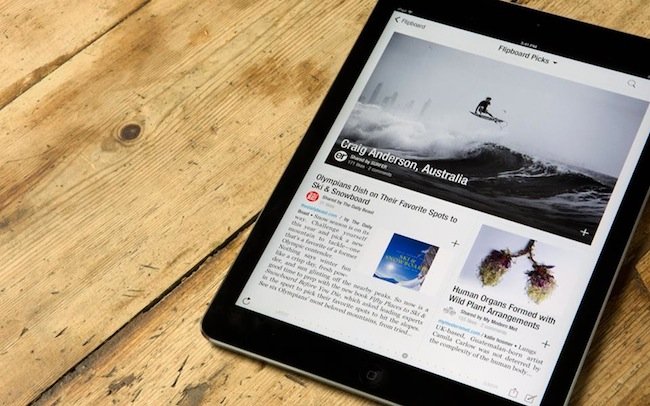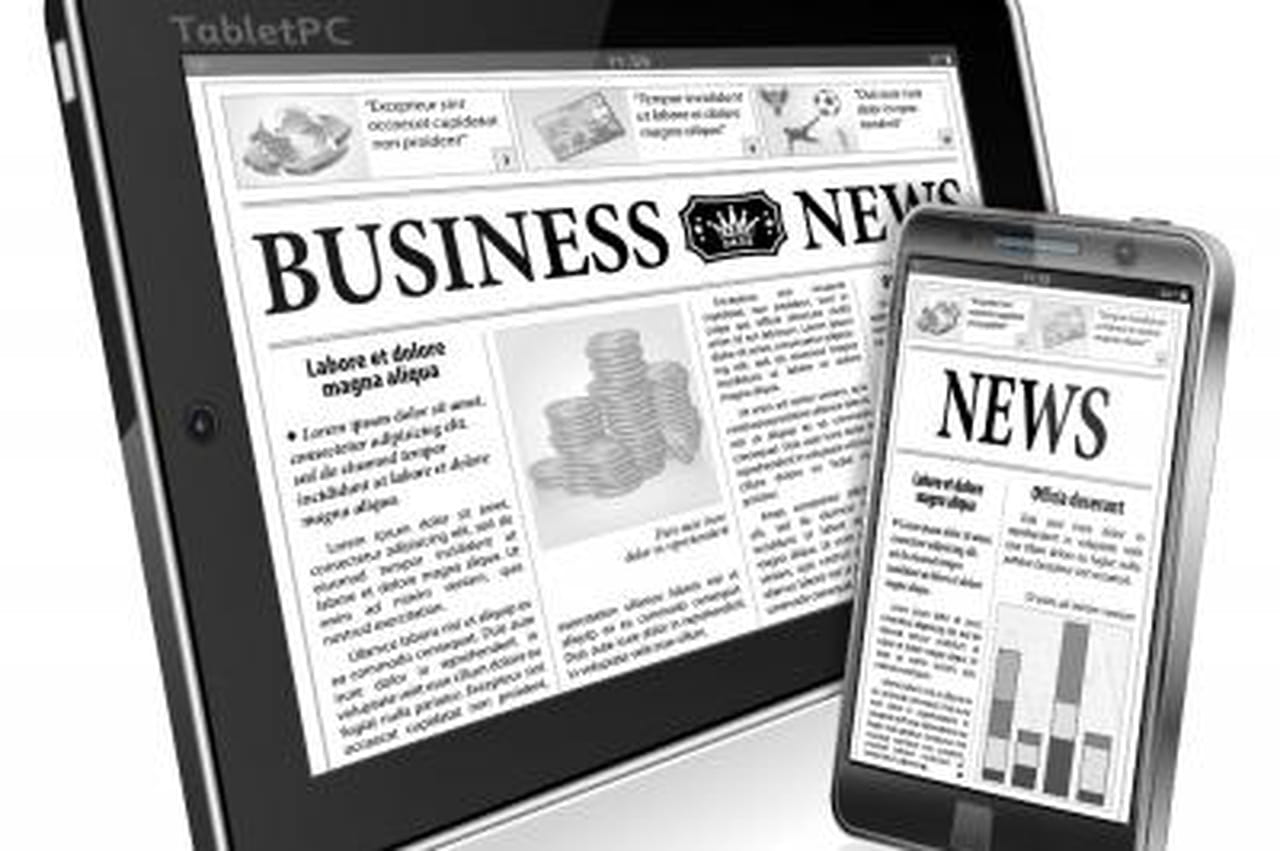

Both essentially act as aggregators of rich media content, displaying a mix of news stories from publications like the New York Times or the Washington Post, along with status updates from Facebook users - all in a visually stunning “paper-like” format hearkening back to a time before digital devices.

Paper and Flipboard share a number of similarities, according to this person. Facebook could launch the app before the end of January, this person said, though the timetable could change. Paper looks to be either a standalone mobile application or a Web experience suited to mobile devices, according to this person. The product is known as “Paper,” according to a source familiar with the matter, and it is similar to Flipboard, a buzzy mobile-focused news reading app. The company said Paper is the first product from its Facebook Creative Labs, formed to create new apps for phones.After years of experimentation, cancellations and redesigns, Facebook looks like it is finally going to launch in the coming weeks a news reading service built for mobile devices. Those posts can go back to Facebook itself. The company hopes people will also be able to connect people through common interests.įacebook users can also create their own stories, and preview how their posts will look before sharing them. People can share, "Like," and comment on stories. Stories, meanwhile, get attractive full-screen covers.įacebook, for its part, believes Paper is more than a simple news reader, noting that the first thing a user sees when they load up the app is the News Feed. For better or worse, there are full-screen auto-play videos. You can tilt your phone to pan through panoramic photos from corner to corner, and to see important details like faces. Paper, meanwhile, can be navigated by thumbing through the stories, a la Flipboard. Still, Facebook's mobile push seem to be paying off, with the company generating more than half of its advertising revenue from that area. As it turns out, people like Facebook, but not that much. This marks a reversal of the company's ill-fated Facebook Home strategy, which essentially took over an Android phone with its own custom user interface.


 0 kommentar(er)
0 kommentar(er)
